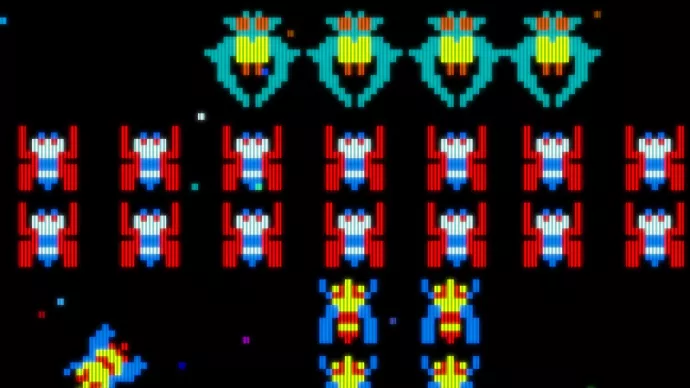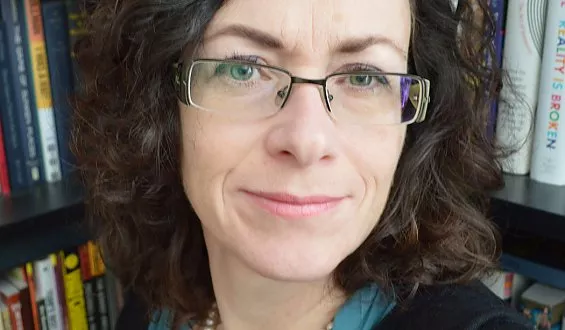
Level Up! Video games course adds critical thinking to gaming
At 3 p.m. on Friday afternoons, when many UTM students are daydreaming about the weekend as they study, Siobhan O’Flynn can look around her classroom and see almost a full house of attentive undergraduates.
Perhaps it’s not surprising, since O’Flynn, an assistant professor, teaching stream, leads an English course entitled “Video Games”, and she’s working with a generation whose lives are steeped in digital media.
“With the uptake of social media, there’s a massive online community playing games and, with smartphones nearly ubiquitous, the number of mobile games players is growing,” says O’Flynn.
Her students do play games as part of the course syllabus, but the class goes far beyond gaming for pure pleasure. Students explore the narrative structure of games in terms of plot, characters, design and how games differ from novels; they learn about the evolution of games, the existing genres and the various gaming platforms; they consider the individual’s gaming experience, and they explore the emergence of game studies as a critical practice. The students top it all off by creating their own story-based games.

“How you play a game and what you see is much more variable than what happens in a literary text.”
Alexis Cochrane, a fourth-year double major in English and CCIT (communication, culture and information technology), says, “As a result of taking ENG279, I have absolutely become critical of video games. The course has taught me to consider video games as both a designer and as a literary scholar.”
As with literature, there can be a contrast between the creation itself and its messages or experiences. The video game design can be gorgeous, full of stunning images, but the story can lead the player through war and destruction.
“They can be beautiful esthetically, but gory and violent things can happen,” says O’Flynn. “Games are systems designed to make us feel things.”
The course also addresses the evolution of video games.
“We look at arcade games and early computer games and see the continuing increase in processing power. Today’s games are much more complex and visually stunning.”
O’Flynn also teaches students about the gaming industry, with all of its weaknesses, and she ensures that they understand how games are designed to addict players.
“Games generate more revenue than films or literary texts,” she says. “Students need digital literacy skills to understand how the creators do what they do and how it affects us. This opens up a whole different layer of critical inquiry because other media aren’t designed in the same way to get us to do things. It’s very important to have this understanding because children are playing games starting at a very young age.”
“Students love to play games. They love to get into discussions that analyze various games and they enjoy creating and testing each other’s creations and offering suggestions. It’s pretty fantastic.”
Cochrane agrees. “As a writer who was not familiar with video game design before the course, being taught how to make a game and be able to customize it for our assignment was transformative,” she says. “Professor O’Flynn taught us how to be critical of games as literature and then recreate these aspects into our own games. It gave students the ability to take our new-found understanding and knowledge of the games and create our own. It is an essential hands-on portion of the course that offers a new layer of contextual understanding.”
Thanks to courses such as this, game designers will need to prepare for a new group of consumers who are critical, sophisticated and demand high quality from their gaming experience and for scholars who will be analyzing their output on many levels.
Cochrane offers the last word. “As our ability to create evolves, so should the way we study and understand those creations.”
